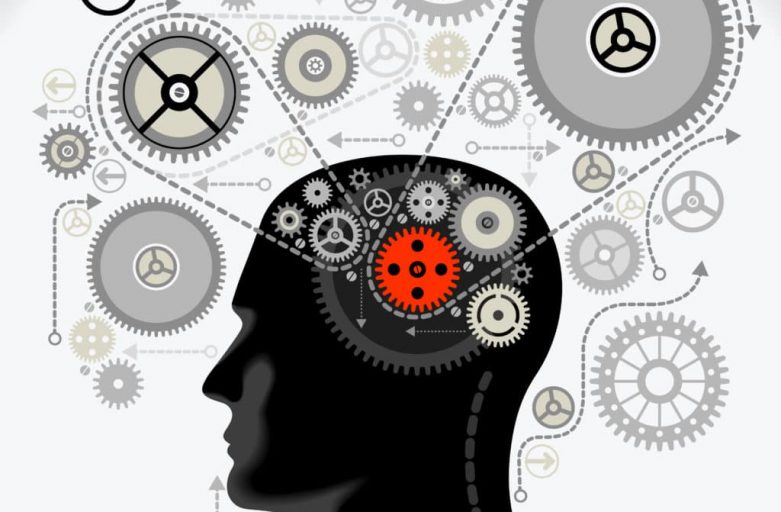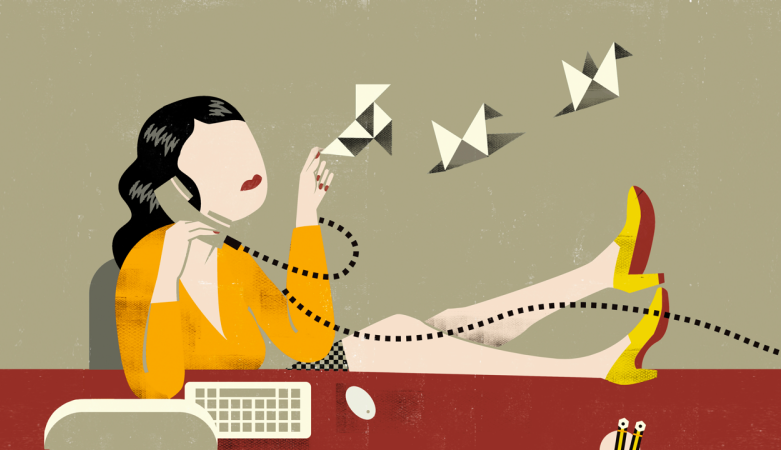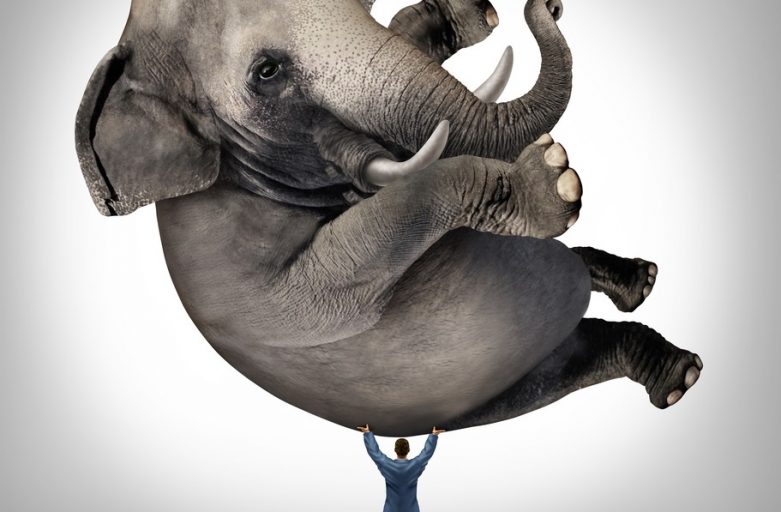In this corporate world, we are always worried about not living up to our responsibilities. We are always busy with emails, meetings, performance, decision-making and many more expectations those are almost look impossible. Expectations are increasing day by day in this VUCA world. Have you heard this word ‘VUCA’ before?
The VUCA concept have been first introduced in the early 90s by the US Army War College to refer to the multilateral world that emerged after the end of the Cold War. In corporate context, VUCA concept became known after global financial crisis of 2008 & 2009. These words or this concept is characterised by
Volatility, Uncertainty, Complexity, Ambiguity
After this CORONA pandemic, economic situations are going to be more and more Volatile, Uncertain, Complex and Ambiguous (VUCA). We are actually entering into a unpredictable zone. Economic world is going to change its pace and direction to a different level after this CORONA virus will be over. We will be surprised to see the economical, psychological, sociological, anthropological change in the business environment.
After this corona effect; business leaders are expected to make decisions faster, process huge amount of data, explore new technological possibilities, set new revived milestones to become more successful in this coming more competitive market. But if we are expected to perform in a certain way, our minds need to be strengthened than before. So how to strengthen our mind?
Few can be the ways to strengthen our mind to be the best leader in this post pandemic VUCA environment.
Change the thinking pattern:
We are going to see the positive changes in this pandemic environment. World-over we have seen that nature is more thriving in this lock down period. We have started contacting our old friends, colleagues, relatives, neighbours. We have initiated new conversations, strengthened our bonds with them, might have resolved buried conflicts. We have started giving time to ourselves and started introspecting in a more deeper way. We have started understanding our colleagues, subordinates, society from different perspectives. Suddenly we have stopped through our routines and entered into an opportunity to rest our mind to become more creative & productive. So if we can see the rational and positive perspective from any disaster, we would be getting the way out to change our thinking pattern.
Accelerate in a change:
We are always looking for change in our entire lives but we are resistant to change ourselves within our mind. If we really wanted to happen some change in our habit, we do resist. We need to give a push to make that change happen. Same way we need to push ourselves to accelerate expected change in our strategies to become best leader after this pandemic.
The mega disruption is happening in our connectivity and performance. Though our borders are closed, we are separated, sealed and quarantined at home but we are more connected to our colleagues, co-workers and subordinates than before. So how can we avail this opportunity? Accept environmental, technological and any type of dynamic change in our mind first and accelerate ourselves to make that change happen in real life.
Re-invent the same with difference:
More or less we are doing the same tasks in our daily routine life in this lock down period also, but we are experiencing the difference in our actions. As we are seeing the expanse of this corona virus & its preventive actions to control it, we are becoming more mindful in all of our actions at home. We are using the same props to do the same tasks but becoming more & more aware and present with our mind at time using those props and doing the tasks. If we can maintain the same awareness and mindfulness after this pandemic in all of our professional tasks, we would be enriching our creativity & overall productivity also.
We are also seeing that people are helping each other to survive in this pandemic situation so we are learning the humanity again with the difference. We are becoming more responsible with our actions to control this viral impact in our society. If we continue to help each other and become more responsible in our teams, in our organisations, in our industry then definitely we can re-invent the success with the difference.









